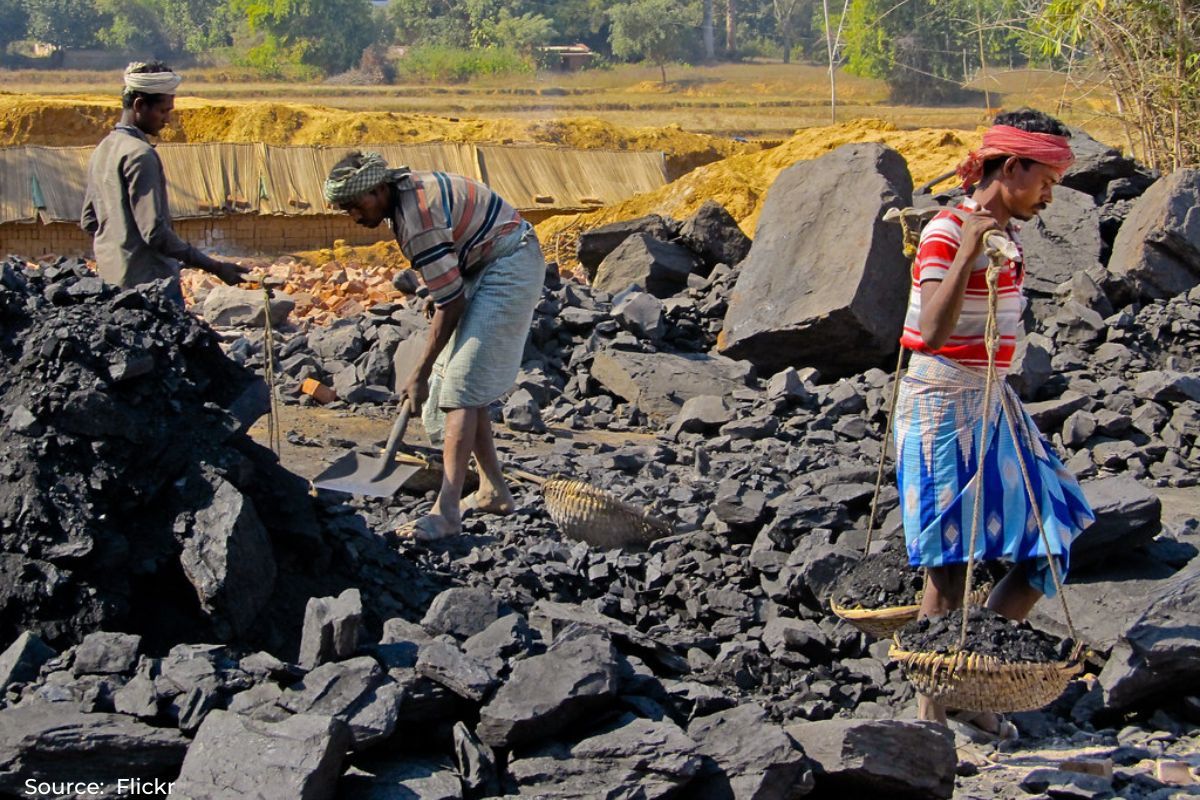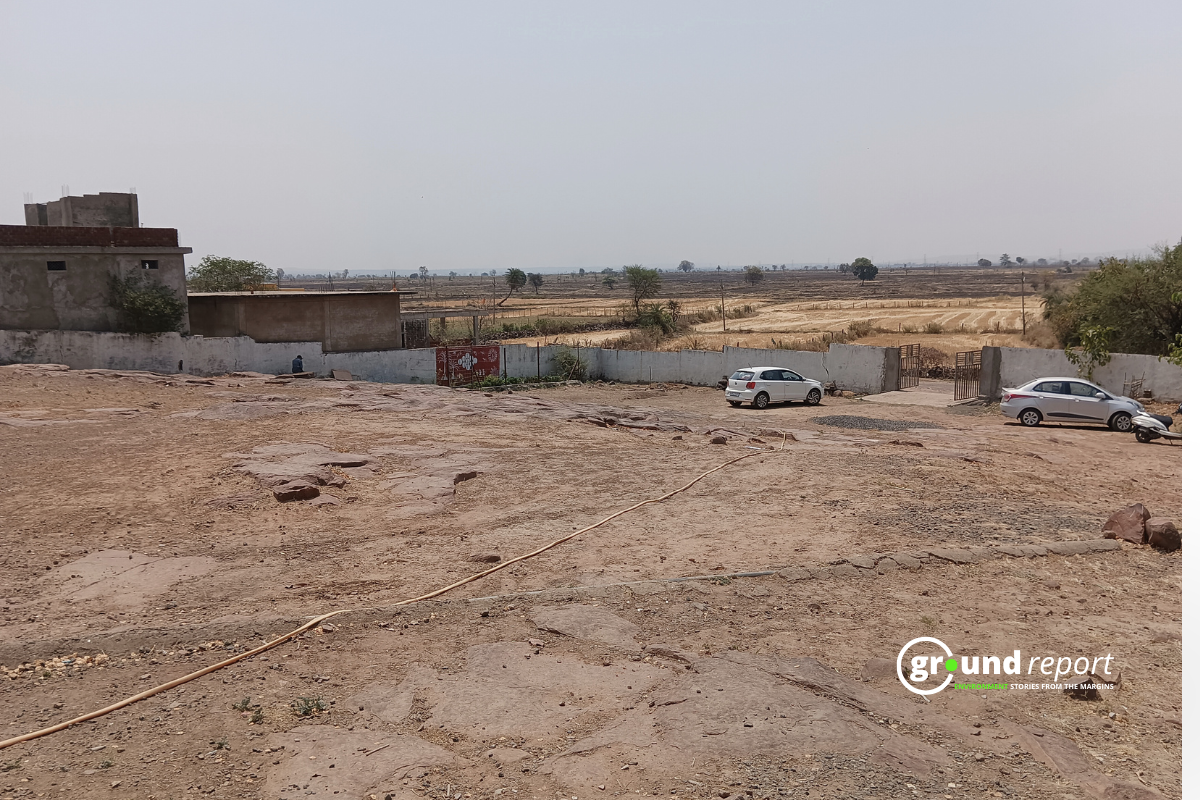Human-caused global warming continues to escalate at an unprecedented rate, as highlighted by 50 leading scientists in a recent assessment of the climate system. The analysis serves as a timely wake-up call, emphasizing the inadequacy of current climate action to address the challenges posed by changing weather patterns. The urgency to act is highlighted at the upcoming COP28 climate conference in the United Arab Emirates, where progress towards limiting global warming to 1.5°C by 2050 will be reviewed.
Given the rapid pace of change in the global climate system, it is crucial that policymakers, climate negotiators, and civil society groups have access to up-to-date and robust scientific evidence to inform their decision-making.
While the UN’s Intergovernmental Panel on Climate Change (IPCC) serves as an authoritative source for climate-related information, its major assessments are generally released every five to ten years, creating an information gap as indicators climate change rapidly.
To bridge this gap, an initiative led by the University of Leeds has developed an open data and open science platform called Indicators of Global Climate Change (IGCC). This platform provides annual updates on key climate indicators, giving policy makers and stakeholders the latest information on the state of the climate.
Critical decade for climate change
The Global Climate Change Indicators Project, coordinated by Professor Piers Forster, Director of the Priestley Center for Climate Futures in Leeds, recognizes the critical decade ahead in tackling climate change. Decisions made during this period will have a significant impact on the magnitude of the temperature increase and the severity of the associated impacts.
Long-term warming rates are currently at an all-time high, driven by record levels of greenhouse gas emissions. While there is evidence of a slowdown in the rate of increase in emissions, it is imperative to remain agile in the face of climate change and adapt policies based on the latest scientific evidence.
In a study published in the journal Earth System Science Data, the scientists behind the project revealed changes in key indicators since the IPCC Sixth Assessment Working Group 1 report in 2021. These indicators demonstrate that human-induced warming, caused by mainly the burning of fossil fuels, it has averaged 1.14 °C above pre-industrial levels over the most recent decade (2013 to 2022).
This represents an increase from the 1.07°C observed between 2010 and 2019. Furthermore, human-induced warming is now accelerating at a rate of more than 0.2°C per decade. The analysis also highlights that greenhouse gas emissions have reached an all-time high, with an average annual release of approximately 54 gigatons of carbon dioxide over the past decade (2012-2021).
Indicators critical to address climate crisis
While there has been progress in reducing the use of coal, this has contributed to global warming due to the reduction in particulate pollution, which has a cooling effect. It is crucial to recognize that annual updates of key climate indicators are vital for the international community and countries to keep climate change a top priority and to facilitate evidence-based decision-making.
Professor Maisa Rojas Corradi, Minister of the Environment in Chile, IPCC author and a scientist involved in this study, said, “An annual update of key indicators of global change is critical in helping the international community and countries to keep the urgency of addressing the climate crisis at the top of the agenda and for evidence-based decision-making.
“In line with the ‘ratchet-mechanism’ of increasing ambition envisioned by the Paris Agreement we need scientific information about emissions, concentration, and temperature as often as possible to keep international climate negotiations up to date and to be able to adjust and if necessary correct national policies. In the case of Chile, we have a climate change law that aims at aligning government-wide policies with climate action.”
Remaining carbon budget
An important finding of the analysis is the decrease in the remaining carbon budget, which estimates that the amount of carbon dioxide that can be emitted has a 50% chance of keeping global temperature rise to within 1.5°C.
The IPCC estimated the remaining carbon budget at around 500 gigatons of carbon dioxide in 2020. However, by early 2023, this figure had dropped to about 250 gigatons of carbon dioxide. This reduction is attributed to ongoing emissions and updated estimates of human-induced warming.
Professor Forster stresses the need for urgent action to prevent the 1.5°C target from slipping out of reach. With CO2 emissions at historically high levels, along with increases in other greenhouse gas emissions and reductions in pollution, the carbon budget is expected to be depleted within a few years. The Global Climate Change Indicators Project aims to provide stakeholders with up-to-date and timely data to facilitate the necessary emissions reduction work.
Increase in global warming
Dr. Valérie Masson-Delmotte, who co-chaired Working Group 1 of the IPCC Sixth Assessment Report and participated in the climate indicators project, highlights the intensification of climate warming driven by human activities. The updated indicators serve as a wake-up call for the global stocktaking of the Paris Agreement in 2023, highlighting the need for accelerated climate action to mitigate escalating climate-related risks.
As each increase in global warming increases the frequency and intensity of weather extremes, such as heat waves, heavy rains, and agricultural droughts, the Global Climate Change Indicators will provide crucial information on greenhouse gas emissions, climate-induced global warming, and the man and the rest carbon budget.
The platform builds on the success of the Climate Change Tracker, a climate dashboard that presents complex information to the public, drawing inspiration from the financial industry’s approach to data visualization.
Support us to keep independent environmental journalism alive in India.
Keep Reading
Part 1: Cloudburst in Ganderbal’s Padabal village & unfulfilled promises
India braces for intense 2024 monsoon amid recent deadly weather trends
Follow Ground Report on X, Instagram and Facebook for environmental and underreported stories from the margins. Give us feedback on our email id greport2018@gmail.com.
Don’t forget to Subscribe to our weekly newsletter, Join our community on WhatsApp, and Follow our YouTube Channel for video stories.









